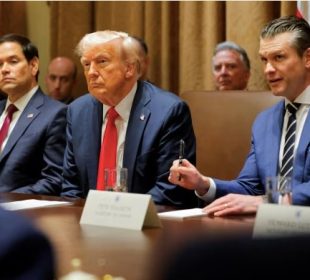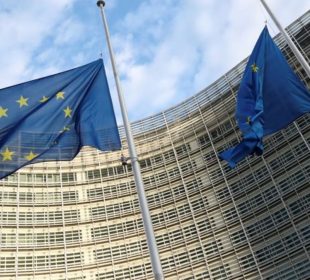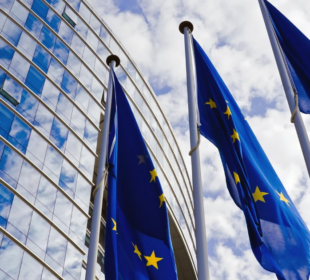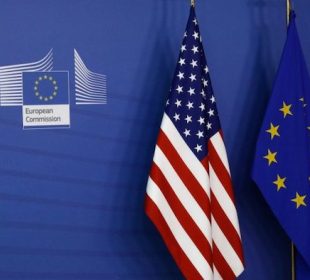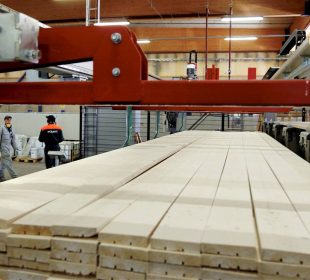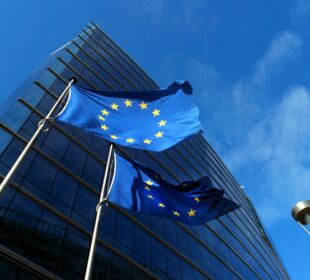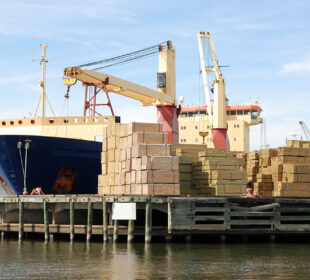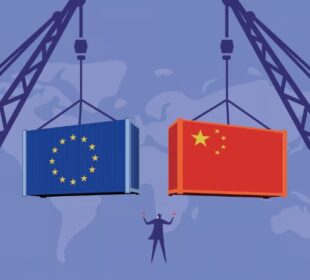During June 2017, two large conferences in Europe addressed policy issues in relation to deforestation and illegal logging. The conferences reaffirmed the EU’s continued political commitment to trade related policy measures in response to concerns about illegal logging and deforestation.
The conferences also highlighted developments in EU policy on issues such as sustainable forest certification and green procurement with significant implications for future development the European market for tropical wood products.
The first conference, the “Illegal logging Update Meeting”, is a regular annual event hosted by Chatham House in London.
The second conference was organised by the European Commission (EC) to present an evaluation and future work plan for the EU Action Plan on “Forest Law Enforcement Governance and Trade” (FLEGT).
The EC meeting also included discussion of the potential for another EU action plan to address wider causes and solutions to deforestation – such as pressure from agricultural commodities and carbon financing.
The EC’s own evaluation estimates public expenditure of Euro 900 million on the FLEGT Action Plan, mainly derived from the EC budget, in the ten years of its operation prior to 2014. That figure is now likely to exceed Euro 1 billion.
Most of the money has been spent on support for FLEGT Voluntary Partnership Agreements (VPAs) with tropical countries which aim to develop legality licensing systems for all wood exported from partner countries.
The EU Timber Regulation (EUTR) was introduced in March 2013 primarily to give a market incentive for tropical countries engaged in the VPA process – FLEGT licenses are given a “free pass” through the due diligence requirements of EUTR.
At the meeting in Brussels in June, EC officials were candid about the progress of the FLEGT VPA process, noting that the results have been mixed so far. Seventeen tropical countries which together account for over 80% of global tropical wood exports, have either signed or are involved in negotiations towards a VPA. However, only one – Indonesia – has so far issued FLEGT licenses.
Progress varies widely in other partner countries. In some - like Congo, Ghana, Guyana, Honduras, and Vietnam - negotiations are very active. In others - like Côte d'Ivoire, Cameroon, the Central African Republic, DRC and Malaysia - negotiations have stalled or are proceeding only very slowly. There is considerable variation in the willingness of government authorities and industry in partner countries to engage in negotiations or to commit their own resources.
EC officials speaking in Brussels acknowledged that the development of licensing procedures has been considerably more complicated than first envisaged.
However, they were also keen to emphasize that, even in the absence of licenses, there have been broader and potentially more significant benefits of the FLEGT process in many partner countries, notably relating to stakeholder participation and benefits-sharing and in legislative reform and capacity building.


